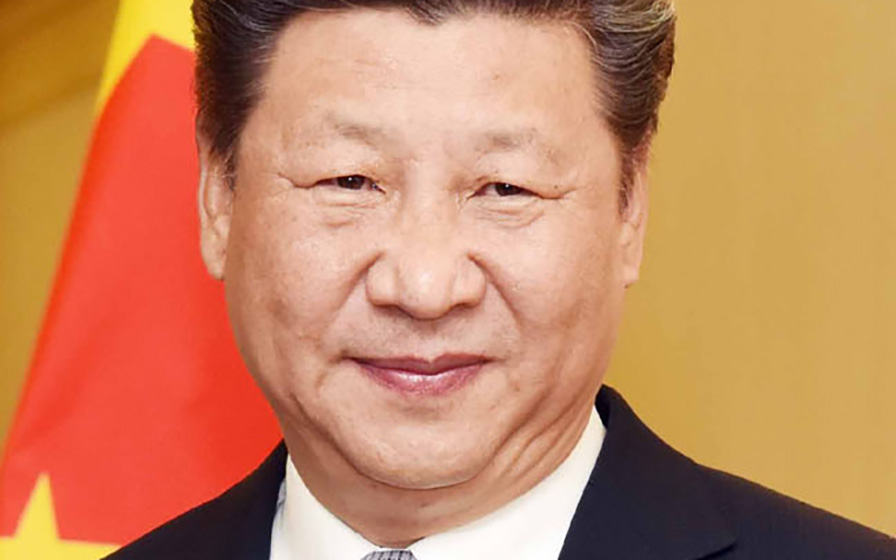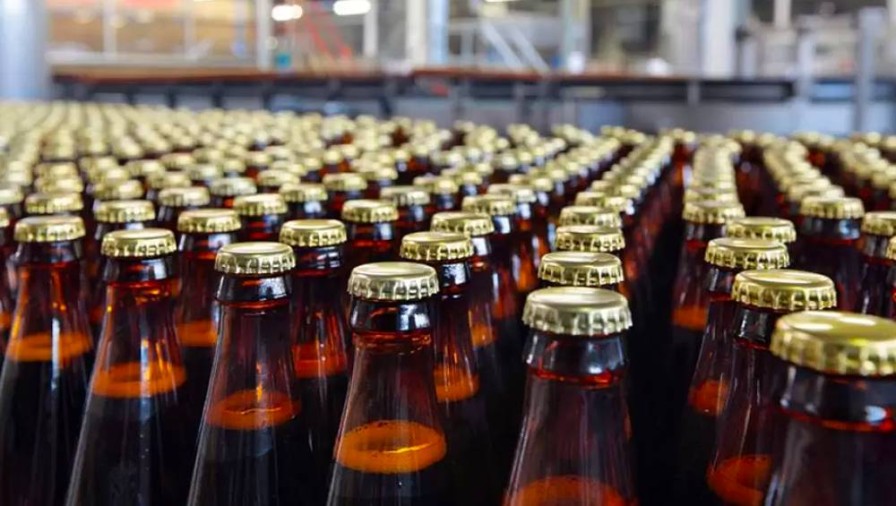Trump tariffs ruled illegal; India and China strengthen ties
While in Germany, beer sales dropped to the lowest level in more than 30 years as people switch to non-alcoholic options.
Indian Prime Minister Narendra Modi.
While in Germany, beer sales dropped to the lowest level in more than 30 years as people switch to non-alcoholic options.
Indian Prime Minister Narendra Modi.
Ata mārie and welcome to your Monday summary of global business and political news.
First to the United States, and a federal appeals court ruled most of President Donald Trump's tariffs are being illegally imposed. The decision upheld a ruling from the Court of International Trade in May, the BBC reported.
The appeals court did not stop the tariffs but said they would remain in place until mid-October, setting up a further legal challenge in the US Supreme Court.
Staying with politics, the leaders of India and China have reinforced economic ties, describing their nations as development partners, not rivals. Indian Prime Minister Narendra Modi and Chinese President Xi Jinping discussed ways to improve trade links amid global tariff uncertainty, CNBC reported.
Modi is in China for the first time in seven years to attend a two-day meeting of the Shanghai Cooperation Organisation regional security bloc, along with Russian President Vladimir Putin and other leaders.
Modi told Xi his country wanted to improve ties with China and discussed reducing India’s bilateral trade deficit. “We are committed to progressing our relations based on mutual respect, trust and sensitivities,” Modi said.
Meanwhile, Xi made suggestions to deepen ties between the two countries, according to officials, Bloomberg reported. He suggested stronger strategic communication and mutual trust, along with cooperation to achieve “mutual benefits” and “multilateral cooperation to safeguard common interests”.

Chinese President Xi Jinping.
Ukrainian President Volodymyr Zelensky promised to retaliate by ordering more strikes in Russia after its forces launched drone attacks on power facilities in Ukraine, the ABC and Reuters reported.
In recent weeks, Russia had targeted Ukraine's energy and transport systems, while Ukraine had been targeting Russian oil refineries and pipelines.
"We will continue our active operations in exactly the way needed for Ukraine's defence. The forces and resources are prepared," Zelensky said.
Ukrainian energy company Dtek said Russian drones had attacked four energy facilities in the Odesa region. Local authorities reported that 29,000 people were left without electricity early on Sunday local time.
Meanwhile, European Commission President Ursula von der Leyen called Putin a “predator” who could only be kept in check through “strong” deterrence, Al Jazeera reported. She also said that member states bordering Russia and Belarus would receive additional funding from the bloc, describing the defence of its borders a “shared responsibility”.
In the Middle East, at least 78 Palestinians were killed in Israeli strikes in Gaza since dawn on Sunday local time, Al Jazeera said. One person was also killed and several others injured in an air attack on a residential building in southern Gaza City.
Elsewhere, Iran-backed Houthi rebels stormed the offices of two United Nations agencies in the Yemeni capital Sanaa on Sunday local time, CNN reported.
The offices World Food Programme and UNICEF were entered by local security forces. Staff were then detained. “Our immediate priority is the safety and wellbeing of our staff,” a spokesperson said.
Over the Ditch, Australia Post warned of stronger “structural headwinds” as it released its latest financial results and a slim profit, the ABC reported.
The postal operator reported a modest profit of A$18 million in the last financial year, as its profitable parcels division faced rising competition from private companies. The loss-making letters business declined further.
Chief executive Paul Graham talked up future opportunities. "We need to build a modern, contemporary parcels business that will support Australia’s growing eCommerce sector while delivering world-class service for our customers and the Australian communities who rely on us for a range of important services, especially in regional and remote Australia."

Finally, German people are drinking less alcoholic beer as zero and low-alcohol alternatives become more popular, the BBC reported.
Official data showed non-alcoholic sales more than doubled in recent years, up 109% since 2013, while beer sales dropped to the lowest level in more than 30 years.
Overall, German beer sales dropped by 6.3% to about 3.9 billion litres in the first half of this year, compared with last year.
Sign up to get the latest stories and insights delivered to your inbox – free, every day.